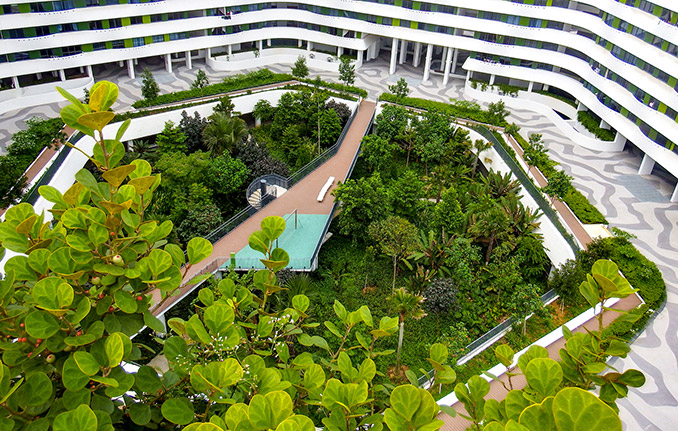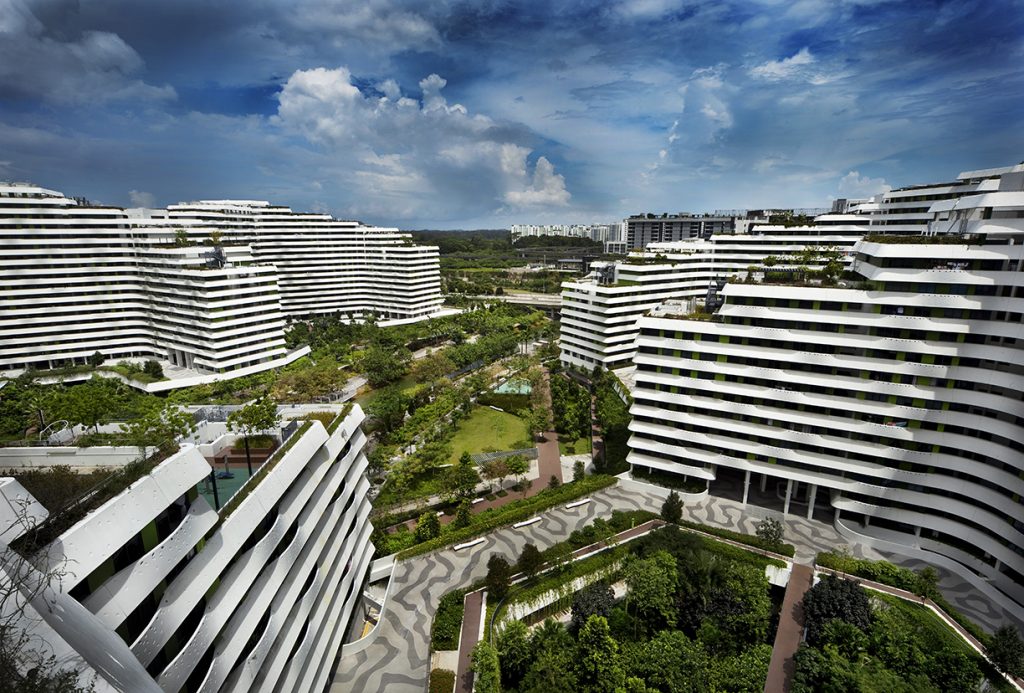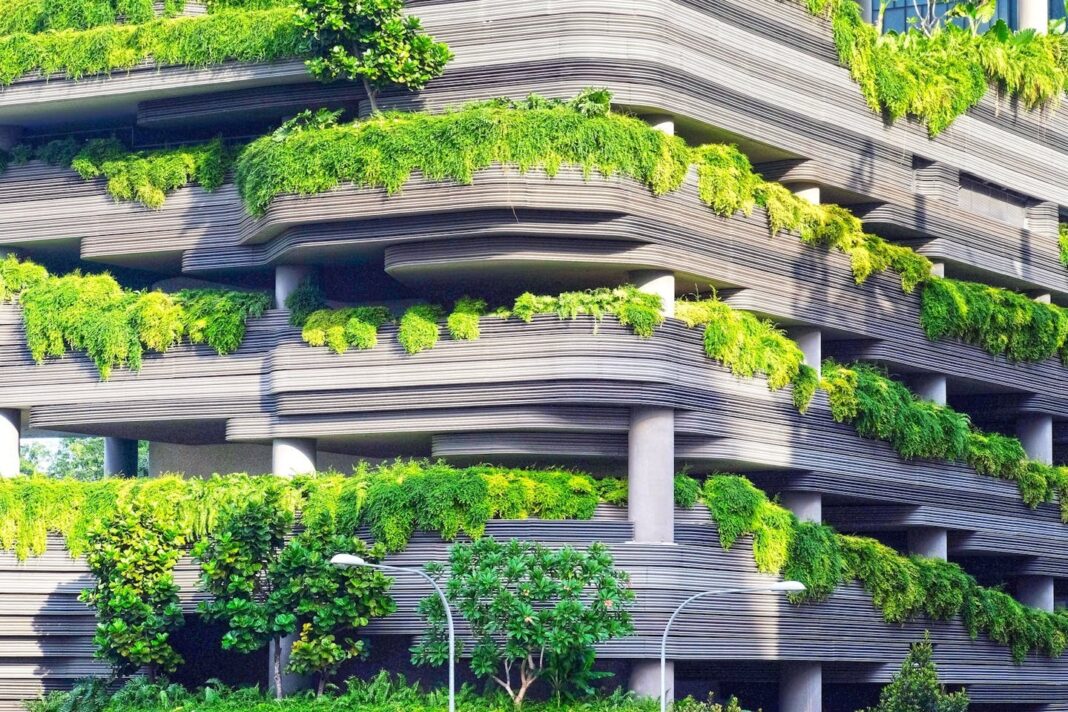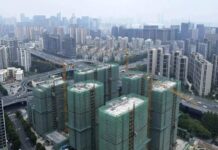Environmental sustainability has become one of the strongest influences in Singapore’s real estate industry. As awareness of climate change and green living grows, both developers and buyers are prioritizing eco-certified projects. These developments combine modern comfort with responsible design, reflecting Singapore’s national commitment to sustainable growth.
1. The Rise of Green Building Certification

Coastal Cabana represents the new standard for eco-conscious development. Projects like this are designed to meet high environmental benchmarks such as the Building and Construction Authority’s (BCA) Green Mark certification. These certifications assess energy efficiency, water conservation, and overall environmental impact, setting a measurable standard for sustainable construction.
Developers recognize that green certification is not just about compliance—it’s also a symbol of quality and long-term value. Buyers are increasingly drawn to properties that promote healthier living environments while lowering maintenance and energy costs.
The demand for eco-certified developments continues to rise, driven by Singapore’s Green Plan 2030, which encourages innovation in sustainable urban design and renewable energy adoption across all sectors.
2. Energy Efficiency and Sustainable Design Innovation

Modern eco-certified projects are built with sustainability at every stage—from material selection to daily operation. Features such as solar panels, rainwater collection systems, and efficient ventilation designs are now standard in many new developments. These innovations reduce carbon emissions and improve overall building performance.
Coastal Cabana showcases how smart technology and eco-friendly architecture can coexist beautifully. Natural lighting, energy-efficient appliances, and recyclable building materials create a living environment that’s both luxurious and responsible.
Beyond environmental benefits, sustainable design contributes to long-term property appreciation. Buyers see value in homes that anticipate future energy regulations and reflect global trends toward eco-responsibility.
3. Market Impact and Investor Confidence

The move toward eco-certification has strengthened investor confidence in Singapore’s property market. Eco-certified buildings tend to enjoy stronger rental demand and lower vacancy rates as tenants increasingly prioritize health and sustainability in their living spaces.
Government incentives and financing benefits also encourage developers to adopt sustainable practices. These efforts help ensure that Singapore remains competitive in attracting global investors who seek both profitability and environmental accountability.
In addition, corporate tenants and multinational firms prefer leasing in green-certified spaces as part of their ESG commitments, further boosting demand for sustainable developments.
Conclusion
The rise of eco-certified projects marks a major evolution in Singapore’s real estate landscape. As the city advances its sustainability agenda, green developments are becoming the new standard for modern living and responsible investment.
Projects like Coastal Cabana capture this transformation perfectly—combining elegant design, energy efficiency, and environmental stewardship. As more buyers and investors align with sustainability, eco-certified real estate will continue to define the future of urban living in Singapore.







